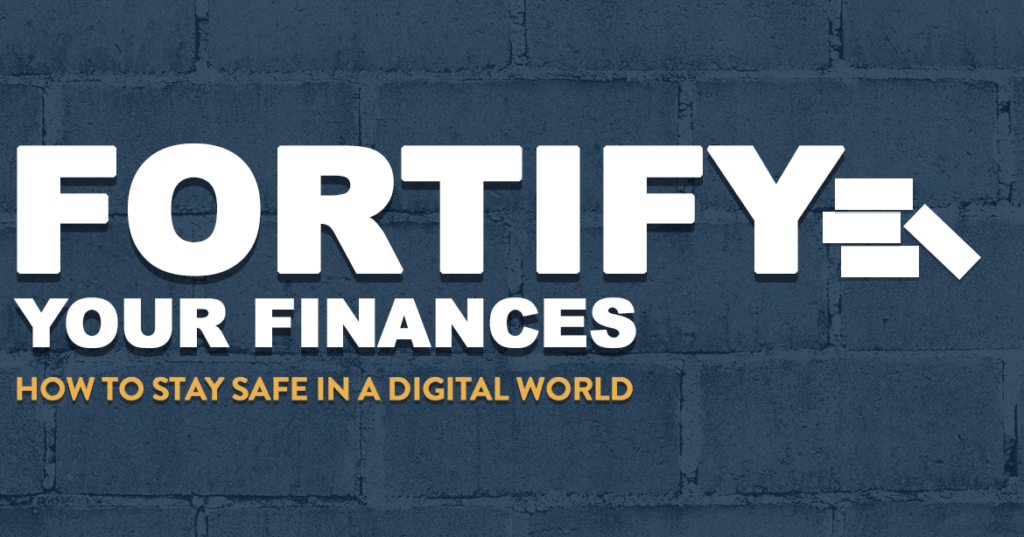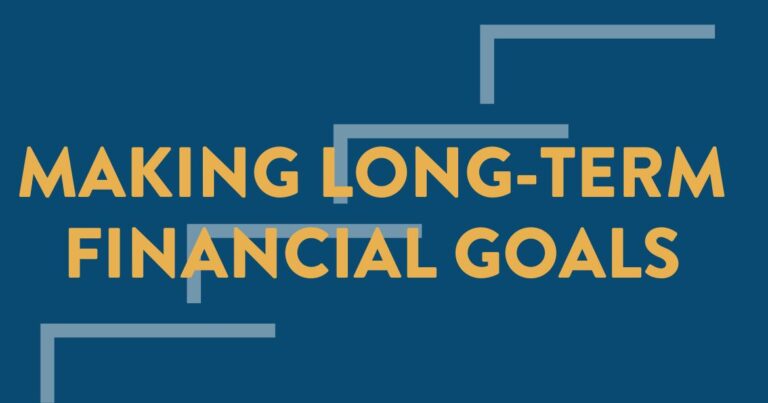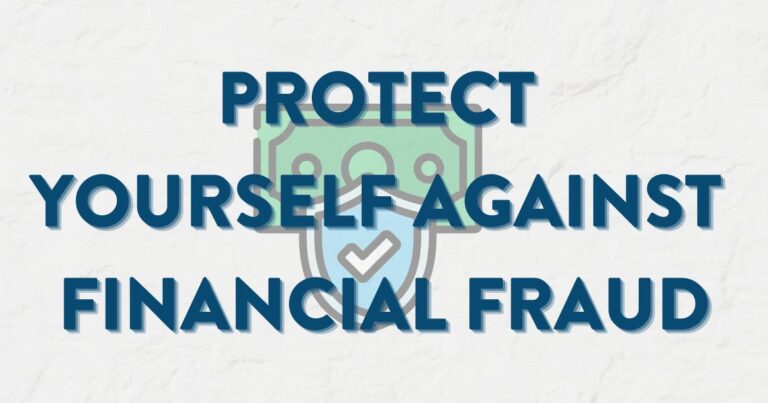It’s a busy day at the supermarket. Your cart is packed with all of the odds and ends necessary to keep you and your family alive for another week or two. You’ve done the math. Times are tight, but you’re good with bargains, and a helpful handful of coupons should make this trip less painful. Quickly analyzing the situation, you pick the checkout lane sure to be the fastest. It isn’t. But you commit. After what seems like an eternity, your cart is emptied, scanned, and refilled. Coupons are scanned, and the damage isn’t too bad. You slip your debit card into the little machine. INSUFFICIENT FUNDS.
“That can’t be right,” you say aloud to the man at the register.
You try again. INSUFFICIENT FUNDS. The line is getting longer, and you think you’re getting an incredulous scowl from the lady behind you whose toddler seems to be incessantly singing some song about a baby shark.
“Do you have any other method of payment?” the cashier asks politely as you break into a cold sweat.
Of course NOT, you think. Who carries around cash or a checkbook anymore? You apologize profusely and leave in a hurry. Rushing home to the computer, you bring up your bank account to find that yes, you did get paid. Unfortunately, the majority of that money is now gone, charged to places of which you’ve never even heard. A pit forms in your stomach when the reality sinks in…
Identity Theft
Identity (ID) theft happens when someone steals your personal information to commit fraud.
The identity thief may use your information to fraudulently apply for credit, file taxes, or get medical services. These acts can damage your credit status, and cost you time and money to restore your good name.*
According to the Federal Trade Commission (FTC) 2018 Consumer Sentinel Network, published in February of 2019, they received 444,602 reports of identity theft. Should this information scare you? NO. It should empower you! Unfortunately, this is the world we live in, where some nefarious individuals will try and take advantage of others. But there are ways you can protect yourself.
Prevention Tips*
- Secure your Social Security number (SSN). Don’t carry your Social Security card in your wallet. Only give out your SSN when absolutely necessary.
- Don’t share personal information (birthdate, Social Security number, or bank account number) just because someone asks for it.
- Collect mail every day. Place a hold on your mail when you are away from home for several days.
- Pay attention to your billing cycles. If bills or financial statements are late, contact the sender.
- Use the security features on your mobile phone.
- Update sharing and firewall settings when you’re on a public wi-fi network. Use a virtual private network, if you use public wi-fi.
- Review your credit card and bank account statements. Compare receipts with account statements. Watch for unauthorized transactions.
- Shred receipts, credit offers, account statements, and expired credit cards to prevent “dumpster divers” from getting your personal information.
- Store personal information in a safe place.
- Install firewalls and virus-detection software on your home computer.
- Create complex passwords that identity thieves cannot guess. Change your passwords if a company that you do business with has a breach of its databases.
- Review your credit reports once a year. Be certain that they don’t include accounts that you have not opened. You can order it for free from Annualcreditreport.com.
- Freeze your credit files with Equifax, Experian, Innovis, TransUnion, and the National Consumer Telecommunications and Utilities Exchange for free. Credit freezes prevent someone from applying for and getting approval for a credit account or utility services in your name.
And if you ever have the misfortune of being the target of identity theft, go to www.identitytheft.gov. They have a wealth of information regarding identity theft, action steps to take, and even the ability to create an account in order to put together and implement a recovery plan.
There are plenty of steps you can take to help prevent identity theft. And if you need help, feel free to contact us at 501.653.7355 or info@getreadyforthefuture.com. And as always, stay safe out there!
The opinions voiced in this material are for general information only and are not intended to provide specific advice or recommendations for any individual. *Reference: USA.gov




